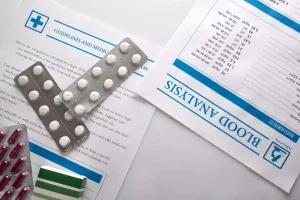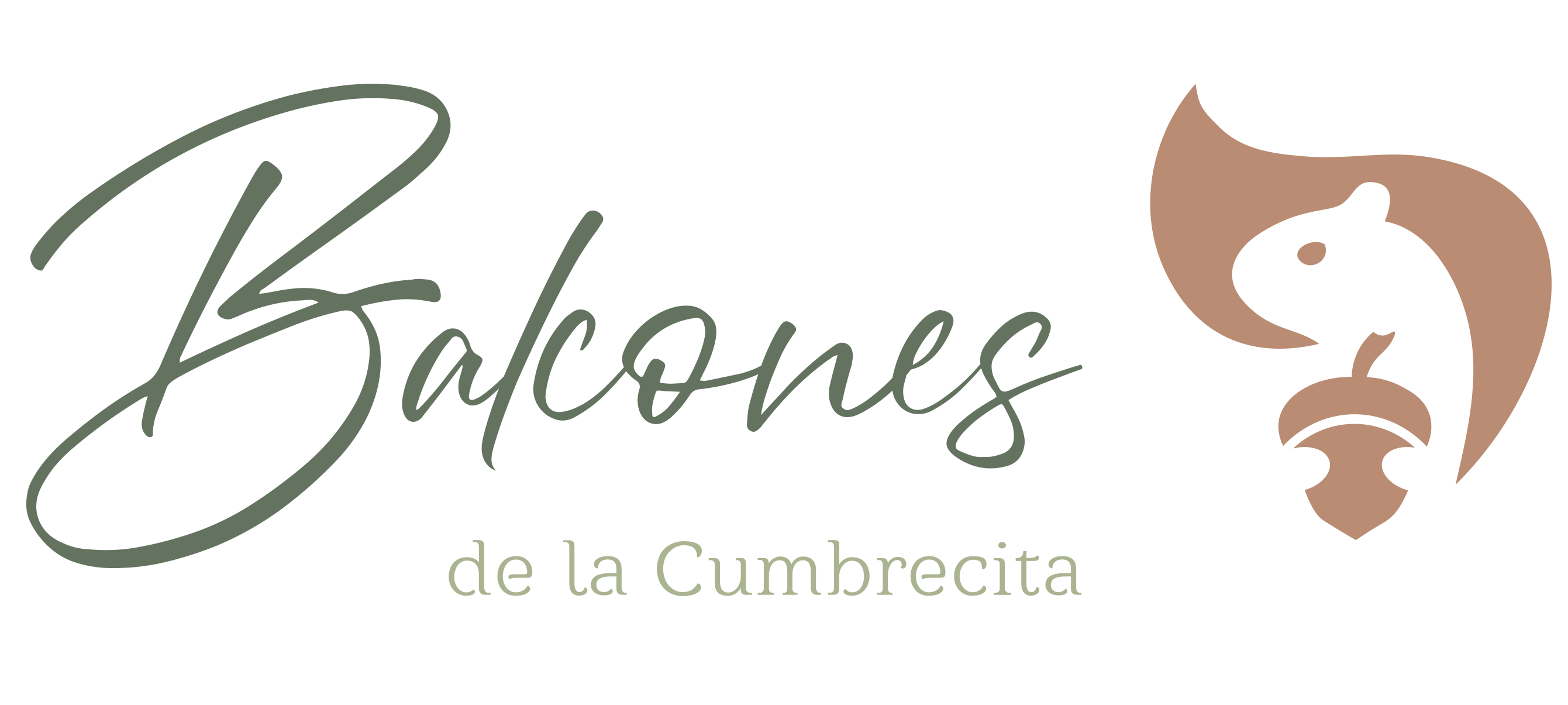
Being able to recognize the early warning signs during emotional and mental relapse can allow for early prevention strategies to be implemented and help avoid full relapse. If someone is in recovery, they might feel more of a temptation to drink again than normal. It’s helpful to have a relapse prevention plan that considers these triggers, with specifically identified strategies to address them. There are a lot of misconceptions about a relapse on alcohol or drugs.
Identifying personal triggers
It should not be used in place https://ecosoberhouse.com/ of the advice of your physician or other qualified healthcare providers. Honesty fosters a deeper connection with oneself and enhances awareness of triggers. Self-care assures that individuals focus on their well-being, crucial for long-term sobriety. Neglecting personal health can lead to the emotional and mental struggles that often precede relapse.

Tips to Help You Stay Sober
In fact, between 40% to 60% of people with a substance use disorder relapse at some point in their recovery journey. Substance abuse relapse occurs when a person who has attempted to stop using a substance begins to use it again. Relapse can occur very soon after attempting sobriety, or after several years of sustained sobriety. One Alcohol Relapse great reason to continue with one’s recovery plan and keep up with recovery supports is that life will sometimes throw us problems that are unexpected and outside of our coping ability. Because alcohol is a coping mechanism, exposure to stressors and situations that are stressful can also lead to relapse. If a person can’t cope with these situations, they will be more likely to drink again.

How Long Does It Take to Recover From Alcohol Addiction

One such neurotransmitter, dopamine, reinforces the connection between drug use, pleasure, and any external triggers that remind the user of the substance. Over time, these dopamine surges teach the brain to seek the drug or alcohol any time the user encounters a trigger. Often difficult issues—including family of origin issues, unresolved trauma/abuse/grief/loss, marital conflict, career decisions, etc.—serve as triggering events for relapse. Successfully facing and working through them reduces vulnerability to relapse.
Alcohol Relapse
Support networks can help provide this type of support for recovering people. These networks can provide you with everything necessary for your recovery and address issues that may lead to relapse. You can find support networks in various places, including healthcare facilities and community organizations. Cognitive behavioral therapy (CBT) is a standard treatment for drug addiction. It helps you identify thoughts and behaviors that led to relapse and then change them to prevent relapse from happening again. Behavioral therapy is often beneficial because it helps you address issues that you have trouble with and deal with them without alcohol or drugs.
- Behavioral therapy is often beneficial because it helps you address issues that you have trouble with and deal with them without alcohol or drugs.
- You’ll meet hundreds of fellow Reframers in our 24/7 Forum chat and daily Zoom check-in meetings.
- By identifying these stages early, individuals and their support networks can intervene more effectively, enhancing the pathway to sustained recovery.
- Preventing relapse involves developing a relapse prevention plan that includes identifying triggers, developing coping strategies, and creating a support network.
- Relapse is characterized by a return to the unhealthy behaviors and negative consequences that characterize addiction.
Long-term recovery is a journey and like all journeys, there are often setbacks and obstacles to overcome. The important thing is to understand why relapses occur and not allow the voice of addiction to creep back in and undermine the incredible progress that has been made. You may find—besides stopping alcohol consumption—other negative behaviors and feelings still exist because they have not been addressed in a healthy way.
- In reality, it’s likely a gradual progression for most people, and there are typically three stages of relapse.
- By being aware of these stages of relapse, you may be able to identify the signs early on in yourself or someone else and take steps to adjust what’s happening before there’s a full-blown relapse.
- Many individuals in recovery struggle with unresolved trauma, anxiety, or depression.
- It’s a common part of the recovery process and provides an opportunity to reassess and strengthen your recovery plan.
- Relapse is a process that can begin weeks or months before someone drinks.
- It should not be used in place of the advice of your physician or other qualified healthcare provider.
How to take care of your emotions
Addiction relapse is often caused by stress or some unpleasant life situation, so the most important thing to do is create a calm, positive environment for them. Take a deep breath, speak to your loved one and offer them your love and support. Without a clear plan to handle cravings, stress, and other challenges, individuals are more vulnerable to relapse when faced with difficult situations. Without a robust support system, feelings drug addiction treatment of loneliness or abandonment can increase the risk of relapse.

